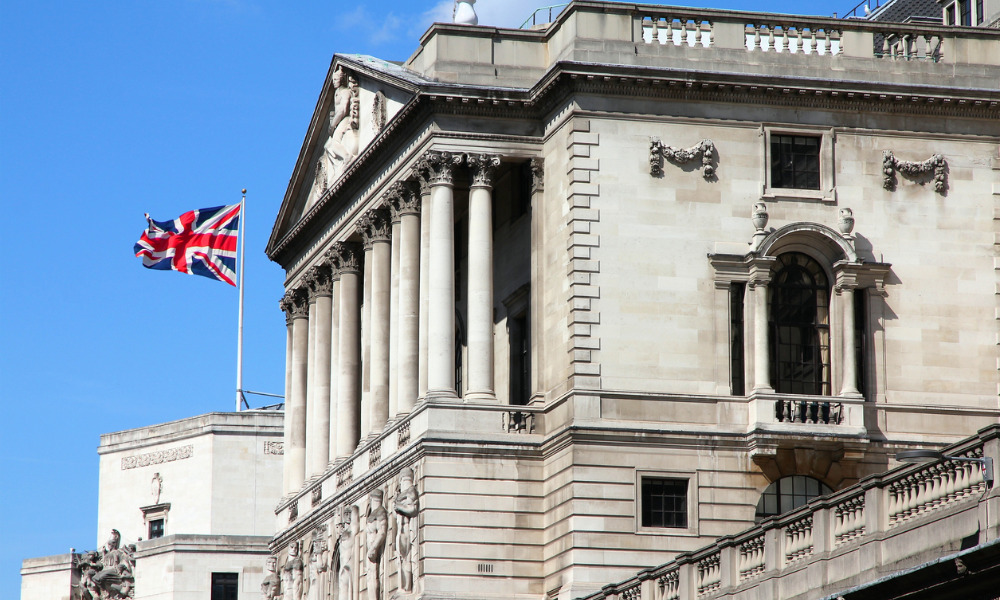These people say "yes"…

It appears that investors are increasingly anticipating a rate cut by the Bank of England (BoE) this week, driven by global signals of decreasing inflationary pressures, despite sticky services inflation.
In the swaps markets, traders now see a more than 60% chance that the central bank will reduce the interest rate from its 16-year peak of 5.25% on Thursday. This is a significant increase from the 40% probability estimated after the latest UK inflation data earlier this month. The likelihood of a rate cut by September is around 90%.
Michael Brown, senior research strategist at Pepperstone, who rated the cut probability as a ‘coin flip’ said in a note to clients: “The August decision is, perhaps, one of the toughest MPC decisions to forecast…in recent memory.”
And in what might be good news for mortgage borrowers, analysts suggest that the BoE might focus on long-term inflation and growth projections. Rising unemployment and falling goods prices, despite high services inflation, are also hoped to influence this outlook.
“Market expectations for a rate cut have been ticking up. I think it’s a disinflation narrative… there’s been underwhelming data from Europe and that has tipped the balance in favour of a BoE rate cut this week,” Ranjiv Mann, portfolio manager, at Allianz Global Investors, told the Financial Times. He anticipates a quarter-point rate cut by the BoE on Thursday.
Two-year gilt yields, sensitive to interest rate changes, rose on Wednesday, decreasing by 0.05 percentage points to 3.82%, marking their most substantial monthly drop this year as rate cut expectations climbed.
A Reuters poll conducted between July 18 and 24 revealed that over 80% of economists (49 out of 60) expect the BoE to cut rates at their August meeting. Previously, only two of the nine Monetary Policy Committee (MPC) members had voted for a reduction, with others wanted more proof of cooling inflation.
Although recent UK economic data has been relatively strong, investors note signs of slowing growth and inflation in the Eurozone and US, prompting speculation that the UK economy might follow a similar pattern. Eurozone economic data released on Tuesday indicated 0.3% growth in the second quarter, slightly below the European Central Bank’s 0.4% forecast. Business surveys also revealed weak consumer confidence affecting the Eurozone.
“We think the UK needs easier rates because the growth outlook is soft,” commented Guy Stear, head of developed markets strategy at Amundi Investment Institute to the FT, predicting sub-1.5% year-on-year growth for every quarter of 2025, even with lower rates.
Benjamin Jones, director of macro research at Invesco, remarked: “The UK inflation picture today is better than many other developed markets, giving the Bank of England an excuse to cut on August 1. If it doesn’t, it may find that inflation data make it hard to justify a rate cut later in 2024.”
At the last meeting, some MPC members stressed the need for more evidence of persistent inflation cooling. Services inflation, a key indicator for the BoE, remained at 5.7% in June, higher than expected, and may lead to a knife-edge interest rate decision.
Andrew Bailey, the BoE governor, previously emphasized that policymakers need “to be sure that inflation will stay low.”
Investors are steering towards a cut, noting labour market dynamics and economic indicators such as slowed earnings growth and higher-than-expected unemployment at 4.4%.



